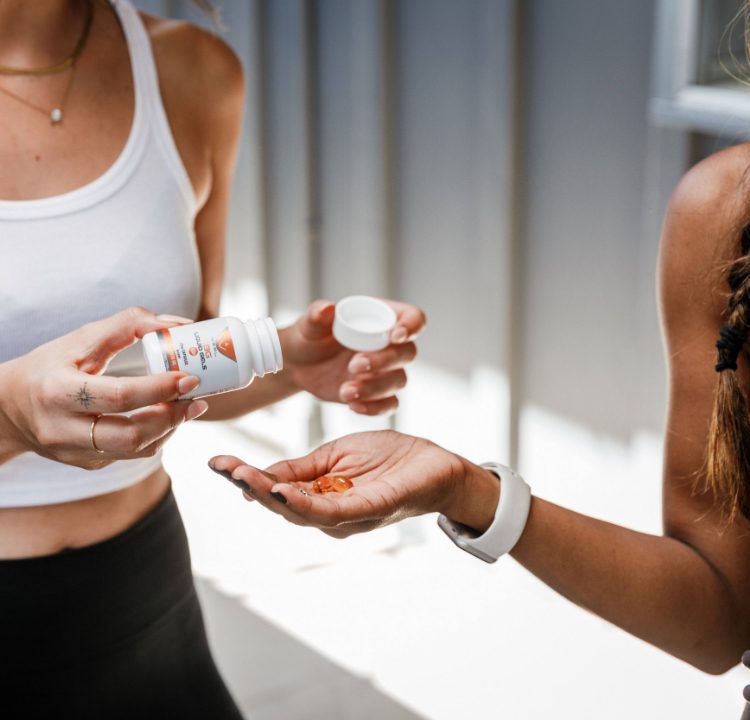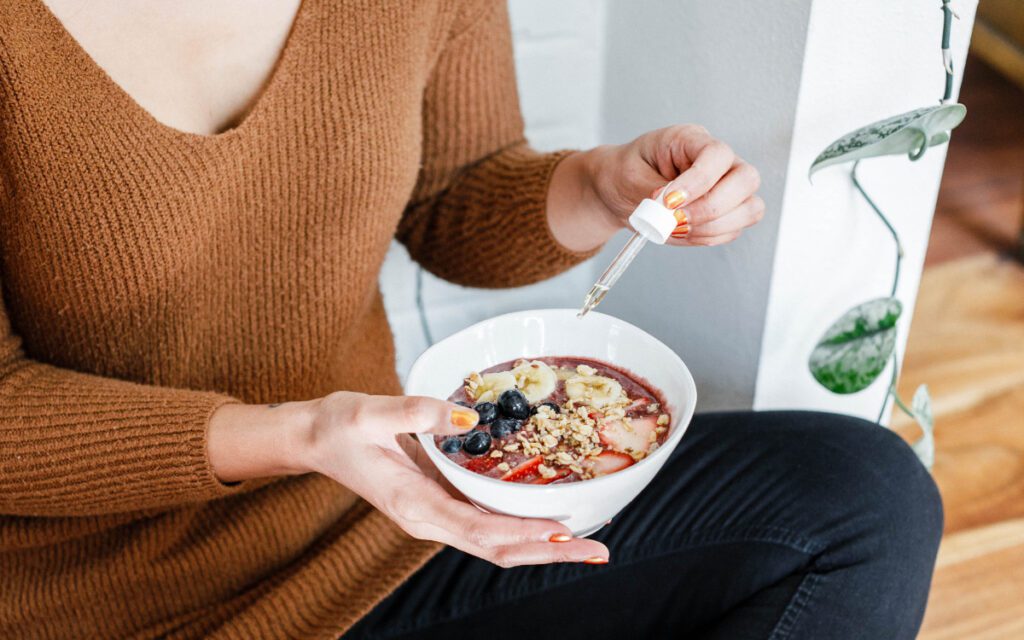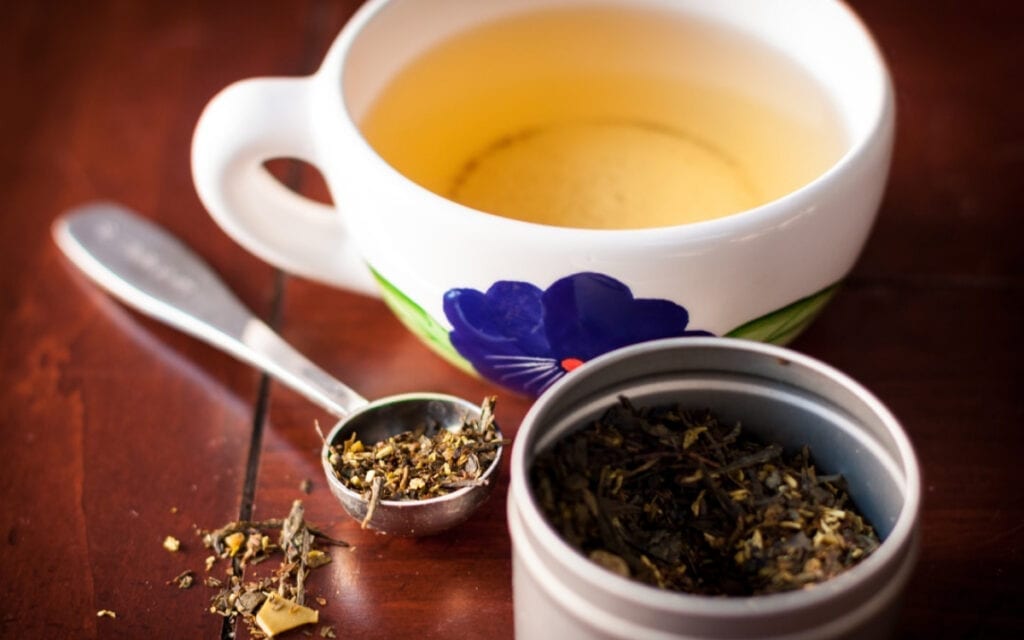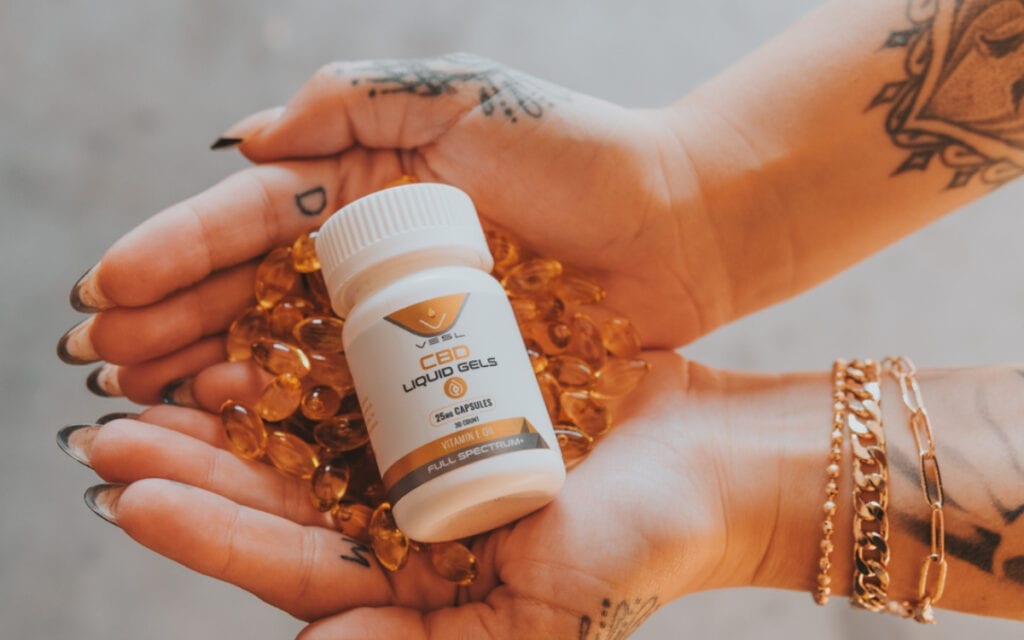Almost all women experience mild premenstrual symptoms like bloating, cramps, and food cravings before or during their monthly periods. But some have more severe symptoms that actually interfere with their ability to function and their quality of life. Premenstrual dysphoric disorder or PMDD is a severe form of PMS. Thankfully, there are ways to deal with this disorder, not just through medication but with natural remedies. Just always keep in mind that whatever makes you healthier and happier is better than being miserable. Let’s dive into this not-so-known subject and learn more about how to cope with PMDD naturally!
What is PMDD?
Women with PMDD might experience serious emotional, psychological, and physiological symptoms. These show up the week before they start their period and last a few days after it begins. PMDD affects up to 5% of women of fertile age. Other health conditions like anxiety or depression may also trigger its symptoms.
Its exact cause is still unknown but researchers conclude that it may be from an abnormal, stronger reaction to physiologically normal hormonal fluctuations. Changes in serotonin levels throughout the menstrual cycle may also play a role. Because some women may be more sensitive to those changes.
What are the symptoms?
PMDD affects daily functioning. Its most common symptoms are:
Severe anxiety
Depression
Panic attacks
Anger or irritability
Suicidal thoughts
Extreme fatigue and exhaustion
Trouble thinking or focusing
Social withdrawal
Lack of interest in daily activities and relationships
How do I know if I have it?
Finding out if you have PMDD might be difficult. It is because some of its symptoms are very similar or even the same as PMS. Other signs are also relatively the same as other health conditions such as hormonal imbalance unrelated to PMDD, thyroid problems, depression, generalized anxiety disorder or GAD, and bipolar disorder.
It is best to consult your doctor if you think you suffer from PMDD. But there’s also something you can do if you suspect you have it. You can track your symptoms along with the time in your cycle that you start feeling them. Repeat this process for about 3 months. If your psychological symptoms such as depression and anxiety arise every time during your luteal phase, it might be PMDD.
How to cope with PMDD naturally?
Despite the lack of specific evidence, lifestyle changes and natural supplements might help manage or ease some of the symptoms.
These natural treatment options are always worth the effort because they do not just help lessen the burden of having PMDD but may also improve the quality of life in general.
Therapy
Seeking help from a therapist may help manage some of the psychological symptoms. In particular, cognitive behavioral therapy or CBT may be helpful.
This type of therapy helps you develop new behaviors and thought patterns. And these will help you better navigate difficult situations. By using CBT, your therapist can help develop strategies that you can use when your mood starts to plunge before your period.
Lifestyle Changes
Adjusting your daily habits might be effective in reducing the burden of PMDD. Being healthy both physically and emotionally improves both social and occupational functioning.
Some of the healthy habits that might have an impact on the symptoms are exercising daily, eating a balanced diet, avoiding highly processed foods, and having a full night’s rest. Activities such as meditation, yoga, acupuncture, and aromatherapy can also be very effective in providing relief.
Natural Remedies
There are a number of natural remedies that may help alleviate symptoms. But because of the unique experience of each woman, the effectiveness of these natural supplements truly depends on the kind of symptoms they’re dealing with each month.
CBD
Cannabidiol or CBD might provide some relief. It offers many pharmacological benefits, including anti-inflammatory and antioxidant effects. It may also help alleviate medical symptoms, including those that overlap with the physical and emotional well-being of premenstrual syndrome (PMS) and premenstrual dysphoric disorder (PMDD). These include insomnia, irritability, depression and anxiety, and joint pain.
CBD interacts with the endocannabinoid system or ECS improving receptor activity, reducing inflammation, and working with neurotransmitters to support healthy brain and body function.

Vitamin D
Studies suggest that women suffering from PMDD have low levels of blood calcium and vitamin D. Vitamin D plays an important role in both calcium metabolism and antioxidant activity.
There are many ways to increase your Vitamin D levels. These include spending more time in the sunlight, consuming fatty fish and seafood, mushrooms, egg yolk, and plant-based milk fortified with vitamin D.
There are also food supplements that you can take to get your daily dose of Vitamin D.
Fish Oil or Omega-3
According to studies, omega-3 fatty acids may reduce the psychiatric symptoms of PMDD including depression, nervousness, anxiety, lack of concentration, and feeling of hopelessness.
Omega-3 can be consumed through proper diet and food supplements. Fatty fish like salmon, shellfish, walnuts, chia seeds, soybeans, and canola oil are just some of the food sources that are rich in Omega-3. While fish oil, krill oil, cod liver oil, and algal oil are examples of dietary supplements with these fatty acids.
Iron
Iron is involved in many processes in the body. This is why insufficient amounts of iron may increase the risk of PMDD. According to research, the proper amount of this mineral in the body might help reduce the physical and emotional symptoms associated with the disorder. One of the reasons is that it boosts the levels of serotonin. It is a chemical in the brain that helps transmit nerve signals. Some brain cells that use serotonin also control mood, attention, pain, and sleep. Hormonal changes may decrease serotonin levels, leading to PMDD symptoms.
Choose iron-rich foods to increase your iron intake. Some of these are red meat, pork, poultry, seafood, and dark green leafy vegetables. It is also important to remember that Vitamin C enhances iron absorption.
Adaptogens
Adaptogens are herbs, roots, or mushrooms that give a variety of health benefits. Some adaptogens can ease and even significantly reduce the symptoms of PMDD by creating balance inside the body. It also regulates hormones, reduces inflammation, and improves physical and mental resilience.
Some of the most popular adaptogens that scientists find effective in managing certain symptoms of menstrual disorders are ashwagandha, maca root, Rhodiola, Schisandra, Shatavari, vitex, and holy basil.
What about medication?
If lifestyle changes and natural remedies aren’t offering any relief, it is best to consult your doctor and ask for further help.
Your doctor may recommend medication to help with the symptoms. Some of the treatments that you may be prescribed are antidepressants such as selective serotonin reuptake inhibitors (SSRIs) or hormonal medications like birth control pills and mood stabilizers.
What food to avoid when you have PMDD?
Proper diet is crucial to managing PMDD. It’s still unclear how diet directly impacts this menstrual disorder, but eating healthy may help minimize severe symptoms.
Some of the foods to avoid are salt and salty foods, highly processed foods, caffeine, alcohol, sugar, and sweets.
Conclusion
Not everyone is aware of PMDD. So proper diagnosis with a health professional is crucial to determine if you have it. Learning how to cope with PMDD is also important. Lifestyle changes, natural remedies, or medications will help manage its symptoms for a better quality of life.





